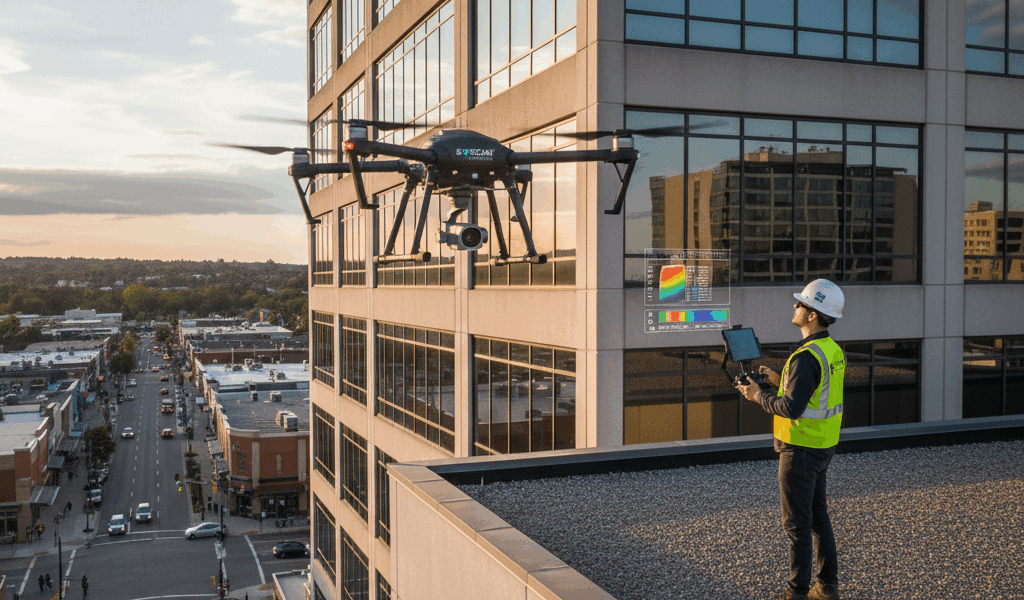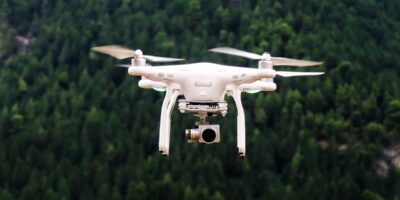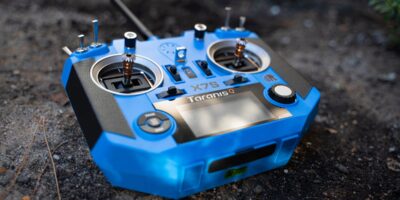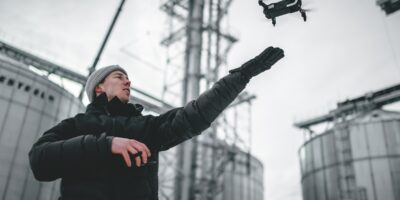Drone Drone Inspection Services Near guidance has gotten complicated with all the outdated regulations and conflicting advice flying around. Here’s what you actually need to know.
Drone Inspection Services Near Me
Drone inspection services have gained traction. They offer numerous benefits across various industries. If you’re searching for drone inspection services near me, understanding how these services work and what they offer is beneficial.

Understanding Drone Inspections
Drones, also known as UAVs (Unmanned Aerial Vehicles), are remote-controlled aircraft. They come equipped with cameras, sensors, and other technology. These features allow them to perform inspections that were traditionally labor-intensive or hazardous.
How Drone Inspections Work
Operators pilot drones to the inspection site. The drone’s camera captures high-resolution images and videos. These visuals are reviewed for any signs of wear, damage, or other issues. Some drones can also be equipped with thermal imaging cameras. This helps in identifying problems that are not visible to the naked eye.
Benefits of Drone Inspections
- Cost Efficiency
- Safety
- Detailed Data Collection
- Speed
- Accessibility
Cost Efficiency
Traditional inspection methods often require significant labor and machinery. Drones reduce these costs. They perform tasks quicker and with fewer resources.
Safety
Inspection of structures like tall buildings, bridges, and wind turbines pose risks. Drones can access these locations without endangering human lives.
Detailed Data Collection
Drones capture high-resolution images. These images provide detailed visuals. Inspectors can spot minor issues that might be overlooked.
Speed
Drones can cover large areas quickly. This rapid data collection speeds up the inspection process.
Accessibility
Drones reach places that are hard to access. This includes remote areas, dense forests, or the underside of bridges.
Industries Benefiting from Drone Inspections
Various sectors use drone inspection services. Some prominent ones include:
- Construction
- Energy
- Agriculture
- Real Estate
- Insurance
Construction
In construction, drones monitor project progress. They survey land and inspect completed structures. This ensures adherence to safety regulations and project timelines.
Energy
The energy sector, especially oil and gas, relies on drones. They inspect pipelines, offshore rigs, and power lines. This reduces both downtime and the risk of hazardous incidents.
Agriculture
Farmers use drones to monitor crop health. Drones provide aerial views of large fields. This helps in pest management and assess irrigation systems.
Real Estate
Agents and developers showcase properties using drone footage. This offers potential buyers a comprehensive view of the property and its surroundings.
Insurance
In insurance, drones assess damage from disasters. They provide an efficient way to collect data for claims.
Choosing a Drone Inspection Service Provider
When looking for drone inspection services near me, consider the following aspects:
Experience
Ensure the provider has experience in your industry. Different sectors have unique requirements. An experienced provider will be aware of these nuances.
Technology
Assess the technology used by the provider. Advanced drones with high-resolution cameras or thermal imaging can provide better data.
Compliance
The provider should comply with local regulations. This includes necessary certifications and safety protocols.
Reviews and References
Look for reviews or ask for references. Past clients can provide insights into the quality of service.
Types of Drone Inspections
Common types of drone inspections include:
- Structural Inspections
- Roof Inspections
- Infrastructure Inspections
- Environmental Monitoring
Structural Inspections
These inspections focus on buildings, bridges, and other structures. They identify cracks, corrosion, and other signs of wear.
Roof Inspections
Drone inspections of roofs are common. They spot leaks, damage, and structural issues without the risk of climbing atop.
Infrastructure Inspections
Railways, highways, and power lines fall into this category. They ensure the infrastructure’s integrity and safety.
Environmental Monitoring
Drones monitor environmental conditions. This includes changes in vegetation, water levels, and wildlife activity. They assist in managing conservation efforts.
Future of Drone Inspections
The future looks promising for drone inspection services. Technologies like AI and machine learning are being integrated. This will enhance data analysis and predictive maintenance. Autonomous drones may soon become the norm, further reducing dependency on human operators.



